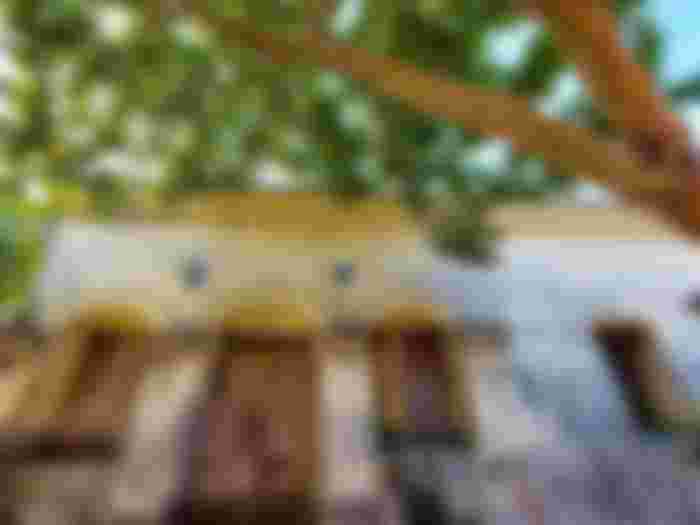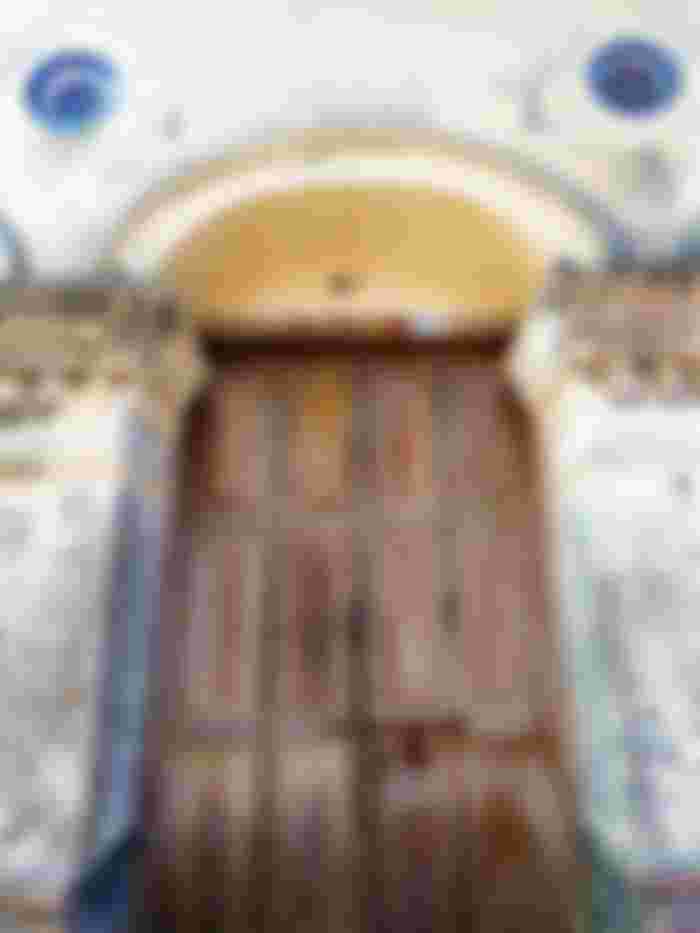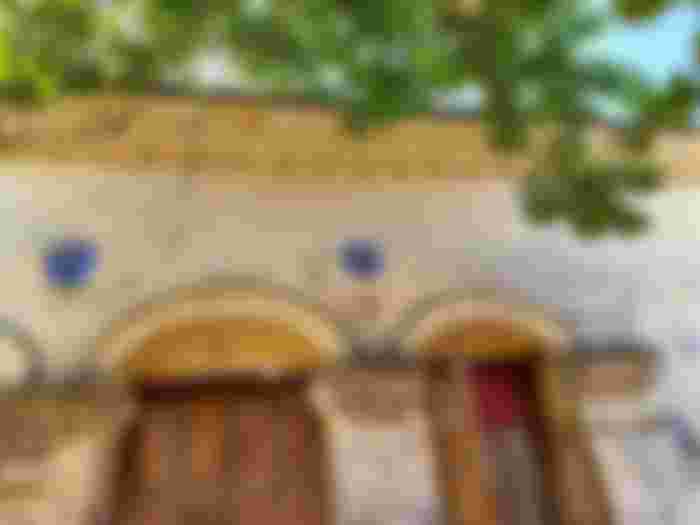Fascinating architecture of a 130-year-old house.
The South Asian subcontinent undoubtedly has an enriched and distinct history of architecture. I had the opportunity to visit some old towns from 1000 years old and it always fascinates me how they are still standing, the detailing of their work, and beauty of the architecture, and the clever design.
Recently, another one was added to my experience list and that is my Great Grandfather's 130 years old house. The house is not abundant, still strong without any renovation, and seems like it can be used for another 50 years.

Isn't it amazing?
Let me show you some more detail about the house.
This place is located in Garagram, Rangpur - Bangladesh. A very rural area of the northern part of the country. The most exciting thing is, there is no other building or house in the village that looks like this. Even these days, many other houses are poorly structured but this one is still standing strong!

The curved design over the window and the doors were very common back then. The building is not concrete but Masonry Sand/Brick sand. Also, there's no iron rod inside the ceiling and pillar rather a wooden frame. The wood is called 'Iron wood' and you can guess why they named it.
My grandfather made this building from scratch. I have heard that the materials came from India, which was the same land (Indian subcontinent/mainland of India) back then.

There are many detailed works on the wall and ceiling. For example, the curved design and the boxed shape work over them. Especially the two Persian bowl placed over the top of the main door is the most attractive part. The ceiling of the house is not made of tin but back then it used to be with wood, hay, and other materials.
I'm not sure if this were a popular design back then because I have never seen such a thing in any other building. Probably because I have visited the historical places of a similar timeline but the houses.
To be honest, it may look a little off-guard but I loved this.
Moreover, I have heard that there is some detailed work inside the ceiling of the house but I never had the chance to visit inside as my mom's cousins now live there and they have some issues going on about the ownership of the house.
Unfortunately, there's no name frame in the house but I have heard that there used to be one. And they were saying that the date was curved in 1890 but they are not sure.
If you visit the historical sites from the same period, you will get to see the almost similar structure of the buildings. The doors and windows are wooden, with a curved design. But as they used to be a palace, not a regular household so there was some detailed artwork on the top of the wall.

This is the surrounding of the house, there is so much green; the place is very peaceful.
For your reference, I'm adding a stock image site about the past architecture of Bangladesh. Here, if you browse the site, you will get to see many other similar buildings from the same timeframe.
My visit would be fulfilled if I can explore the two-bedroom house of the grandfather. Maybe next time when the ownership of the house will be solved. But I appreciate what I have experienced. It was a wonderful day in the village, meeting all the old relatives and the places closer to my roots.
Have a good day, everyone.






You can always ask for permission to see what the inside of the house looks like. I believe you will be allowed.